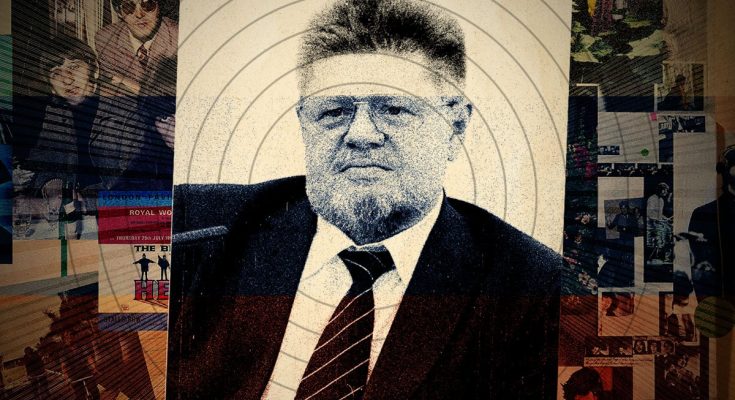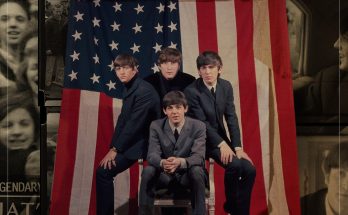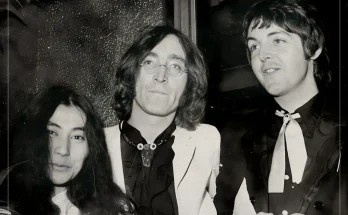Rock and roll has always been the soundtrack of rebellion and non-conformity, so it is no surprise that the music has an extensive history of censorship, particularly during the height of Cold War-era Russia.
Cultural expression, in its entirety, was under the watchful eye of the Soviet State throughout the Cold War, and rock music was always a prime target. Despite the style’s potential for unity and youthful exuberance, rock and roll might as well have been a division of the US Government as far as the Soviet Union was concerned. Its non-conformist attitude was deemed a threat to the Soviet way of life, and its style was written off as capitalistic, reflective of Western decadence.
As you can expect, therefore, the list of banned artists in the Soviet Union reads like a run-down of the American pop charts. The state-owned record label, Melodiya, focused largely on Russian classical music, but that didn’t stop the young people of the USSR from getting their hands on rock and roll music. An extensive network of bootleggers and record smugglers developed during the 1950s and 1960s, introducing the sounds of rock to the Soviet Union, despite it technically being banned by the regime.
A notable favourite of these bootleggers was The Beatles. Officially banned by the regime, the power of the Fab Four managed to overcome those boundaries, smuggled into the nation, typically on low-fi reel-to-reel recordings. Eventually, the state-owned Melodiya had to admit defeat against the Merseyside outfit and began producing official Beatles releases, albeit with certain songs cut from track listings.
Still, Russian government officials weren’t overly fond of The Beatles. That animosity seems to have carried on into the modern, post-Soviet age, too. In fact, the nation’s former medical chief, Yevgeny Bryun, once blamed the group for the prevalence of illegal drugs and drug-related deaths in Russia.
“After The Beatles went to expand their consciousness in India ashrams, they introduced that idea – the changing of one’s psychic state of mind using drugs – to the population,” he declared.
You would be forgiven for assuming that Bryun made that rather peculiar statement back in the 1960s, when The Beatles were at their peak cultural relevance, and the Cold War was rapidly approaching boiling point. In fact, the then-Ministry of Health’s chief alcohol and drug abuse specialist pointed the finger at the band during a press conference in Moscow in 2012.
“When business understood that you could trade on that – on pleasure and goods associated with pleasure – that’s probably where it all began,” he went on to say, as reported by The Daily Telegraph at the time. While there is probably some truth in the idea that The Beatles’ LSD-fueled sonic explorations introduced the idea of taking drugs to certain audiences, it isn’t as though ‘Lucy In The Sky With Diamonds’ was advocating dealing heroin in the back-alleys of Moscow.
The reasons for Russia’s drug problem are myriad, as is the case with virtually every nation’s drug problem. For the chief alcohol and drug abuse specialist to name-drop a band that, back in 2012, hadn’t been together for over 40 years, as a prevailing reason for drug-related deaths, however, is utterly bizarre.
So, although the narrative introduced by Bryun might fall in line with the fantasies or nightmares of Soviet-era politicians, it certainly doesn’t ring true in the modern age. Aside from anything else, The Beatles were neither the first nor the last group to speak openly about the influence of illegal drugs on their music.



